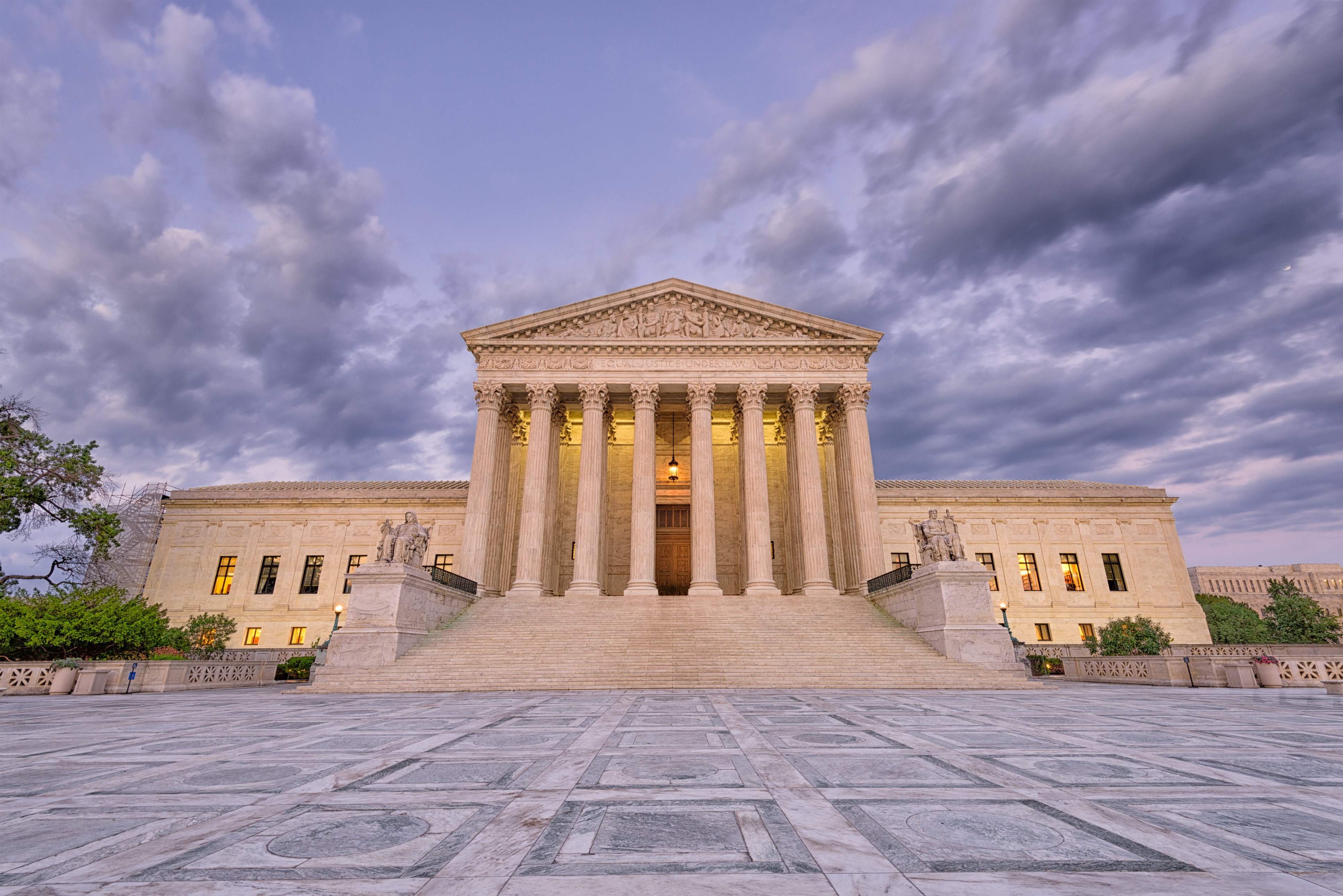
Together, the Supreme Court’s decisions in Loper-Bright and Corner Post open a path to attack federal regulations issued by agencies (and upheld by courts) many years ago. As Justice Jackson put it in her Corner Post dissent: “Any established government regulation about any issue—say, workplace safety, toxic waste, or consumer protection—can now be attacked by any new regulated entity within six years of the entity’s formation. A brand new entity could pop up and challenge a regulation that is decades old; perhaps even one that is as old as the APA itself. No matter how entrenched, heavily relied upon, or central to the functioning of our society a rule is, the majority has announced open season.”1
While the Loper-Bright majority does not go as far as Justice Barrett had in oral argument in suggesting that prior rulings upholding regulations under Chevron would not carry stare decisis weight, prior precedent may do little to hold back a predicted “tsunami of lawsuits.”2 The Chief Justice’s opinion for the Court in Loper-Bright says, “we do not call into question prior cases that relied on the Chevron framework. The holdings of those cases that specific agency actions are lawful—including the Clean Air Act holding of Chevron itself—are still subject to statutory stare decisis despite our change in interpretive methodology. Mere reliance on Chevron cannot constitute a ‘special justification’ for overruling such a holding, because to say a precedent relied on Chevron is, at best, ‘just an argument that the precedent was wrongly decided.’ That is not enough to justify overruling a statutory precedent.”3 But saying that a decision upholding a regulation under Chevron is not automatically overruled for “mere reliance” on Chevron does not mean that lawyers can’t and won’t challenge such decisions on the ground that without Chevron deference the agency’s interpretation of a statute would be clearly or egregiously wrong. Moreover, stare decisis is thin protection for a regulation that the Supreme Court did not uphold. The D.C. Circuit’s Chevron-based decision upholding the regulation at issue in Corner Post would not bind the Eighth Circuit. Avoiding circuit precedent just becomes an additional consideration in deciding where to recruit or create a new entity.4
The Corner Post majority offers this reassurance: “Given that major regulations are typically challenged immediately, courts entertaining later challenges often will be able to rely on binding Supreme Court or circuit precedent. If neither this Court nor the relevant court of appeals has weighed in, a court may be able to look to other circuits for persuasive authority.”5 But an earlier decision based on Chevron deference may not be persuasive authority in a Loper-Bright world.
Corner Post is significant on its own terms, even without the potential to extend Loper-Bright back in time, even for decades. No court had held that the time to seek vacatur resets for every new entrant. In framing an interpretive choice between reading section 2401(a) as a traditional statute of limitations or as a statute of repose, the Corner Post majority ignored the fundamental difference between suing an immune sovereign and suing an ordinary party. “Repose” is the natural state of an immune sovereign. A statute of limitations that is part of a limited regime for waiving sovereign immunity might be understood as creating an exception to that repose, and thus to operate differently from a statute of limitations involving private party claims. Moreover, it is not entirely intuitive that a right to a collective remedy—vacatur of a regulation for all—accrues on different dates for different individual parties. If thought of as a single indivisible claim, that “right of action first accrues” for some parties when the agency issues the regulation. But in combination with Loper-Bright, Corner Post may invite trade associations to recruit or create new entrants with fresh rights to challenge even the most settled regulations under post-Chevron standards.
1 Corner Post, Inc. v. Bd. of Governors of Federal Reserve Sys., U.S. S. Ct. No. 22-1008, Dissenting Opinion of Jackson, J., at 21 (July 1, 2024).
2 Id. at 23.
3 Loper-Bright Enters. v. Raimondo, U.S. S. Ct. No. 22-451, Slip op. at 34-35 (citations omitted).
4 For example, the lead plaintiff in the challenge to FDA approval of mifepristone, the Alliance for Hippocratic Medicine, was formed shortly after the Supreme Court overturned Roe v. Wade. Although the Alliance’s mailing address is in Tennessee, it was formed as a Texas entity located within a single judge division of the Northern District of Texas. While the Supreme Court ultimately ruled that the Alliance did not have Article III standing to challenge changes to the protocols for administering mifepristone, assuming Article III standards could be met, Corner Post might allow a new entity aggrieved by the original FDA approval of mifepristone to challenge that decision although it was made in 2000. Such an entity could be formed in whatever district, division, and circuit offered the clearest sailing for a challenge. Similar calculations could be made to allow newly formed entities to challenge regulations in circuits that had not upheld them under Chevron, eliminating any stare decisis-based restraint.
5 Corner Post, at 21.